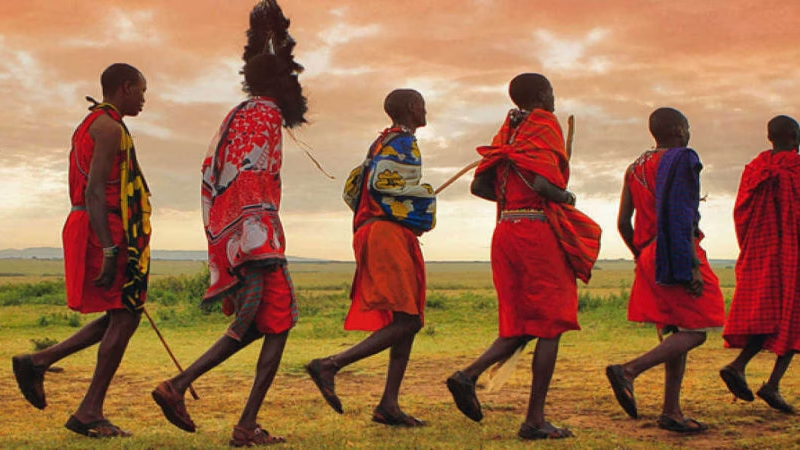
In today’s rapidly globalizing world, many people wonder whether younger generations still hold on to traditional beliefs, especially those rooted in tribal customs and taboos. Generation Z, roughly those born between 1997 and 2012, is often portrayed as hyper-digital, individualistic, and progressive. But beneath the surface of TikTok trends and digital activism lies a complex and evolving relationship with heritage.
The answer to whether Gen Z still values the taboos and cultural beliefs of their tribes is not a simple yes or no; it depends on context, environment, and personal identity. However, there is growing evidence that many Gen Z individuals do still value these beliefs, albeit in new and sometimes transformative ways.
Firstly, it’s essential to acknowledge that cultural beliefs and taboos do not disappear overnight. They are deeply ingrained systems of behaviour, norms, and values that have been passed down through generations. In many African, Asian, Native American, and Indigenous cultures around the world, taboos serve as a moral compass, preserving social order, spiritual beliefs, and environmental harmony. While some of these customs may appear outdated to outsiders, they often have deep meanings rooted in community identity and intergenerational wisdom.
For Gen Z, the connection to these beliefs is influenced by a mixture of education, exposure, and upbringing. In rural or semi-urban communities, where tribal customs are part of everyday life, young people are more likely to maintain traditional practices.
Ceremonies, rituals, and oral storytelling continue to be vehicles for passing down values, even in the age of smartphones. In such communities, Gen Z may still respect taboos around sacred spaces, dietary restrictions, mourning practices, and community obligations. These traditions are often blended with modern life, resulting in a generation that can use social media while still adhering to spiritual and cultural norms.
However, in urban areas and diaspora communities, the story becomes more complicated. Global Culture, especially Western ideals, has had a significant impact on how young people view tradition. For many Gen Z individuals, questioning and even challenging cultural taboos is part of their journey toward self-expression and autonomy.
Issues such as gender roles, sexuality, and mental health, which are often considered taboo in traditional societies, are being openly discussed and redefined by younger generations. In this way, Gen Z may be seen as moving away from cultural taboos, not out of disrespect, but as a form of evolution.
Despite this, abandoning certain taboos does not mean abandoning culture. In fact, many Gen Zs are reinterpreting traditional values to fit contemporary realities. This can be seen in the resurgence of tribal languages, fashion, and traditional art among youth influencers who proudly display their heritage online.
Social media platforms like Instagram, TikTok, and YouTube have become modern storytelling tools, allowing young people to share ancestral knowledge, document rituals, and even educate others about the significance of their tribal beliefs. What’s more, there is a growing sense of pride in cultural identity, particularly as movements for decolonization, Indigenous rights, and cultural preservation gain global traction.
Another important factor is education. As more young people become educated about history, politics, and human rights, they begin to critically assess which aspects of their cultural traditions are worth preserving and which may need reform. At the same time, many still see value in communal living, respect for elders, and the spiritual wisdom embedded in their tribal customs.
Gen Z’s relationship with taboos and cultural beliefs is complex but not dismissive. They are not a generation that automatically rejects tradition; rather, they are engaging with it on their terms.
While some taboos are being challenged or redefined, others are being revived and celebrated in new ways. This generation is finding a balance, honoring the wisdom of the past while carving out a future that reflects their realities. In that sense, Gen Z may not only value their cultural beliefs but also be the key to preserving and transforming them for generations to come.
